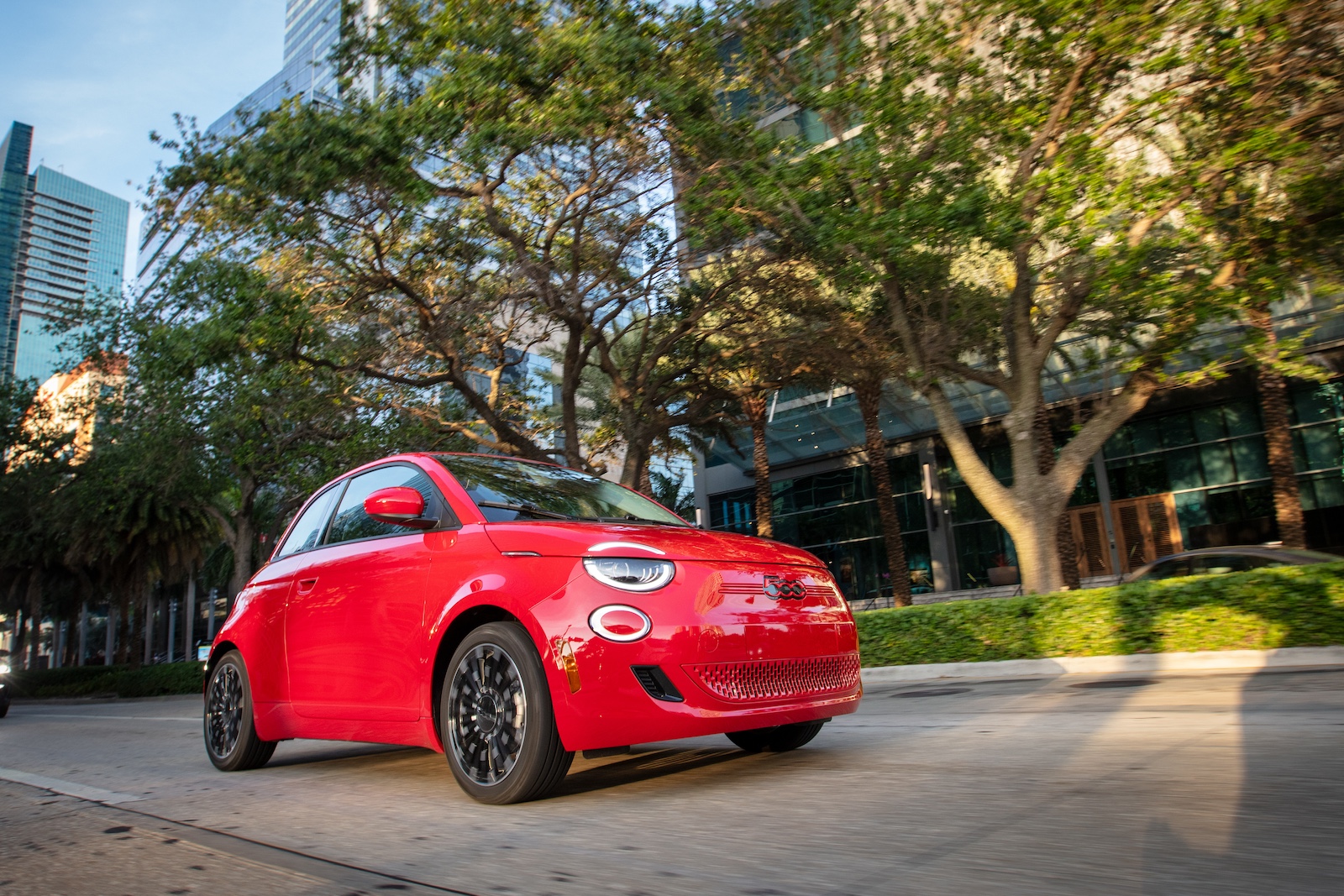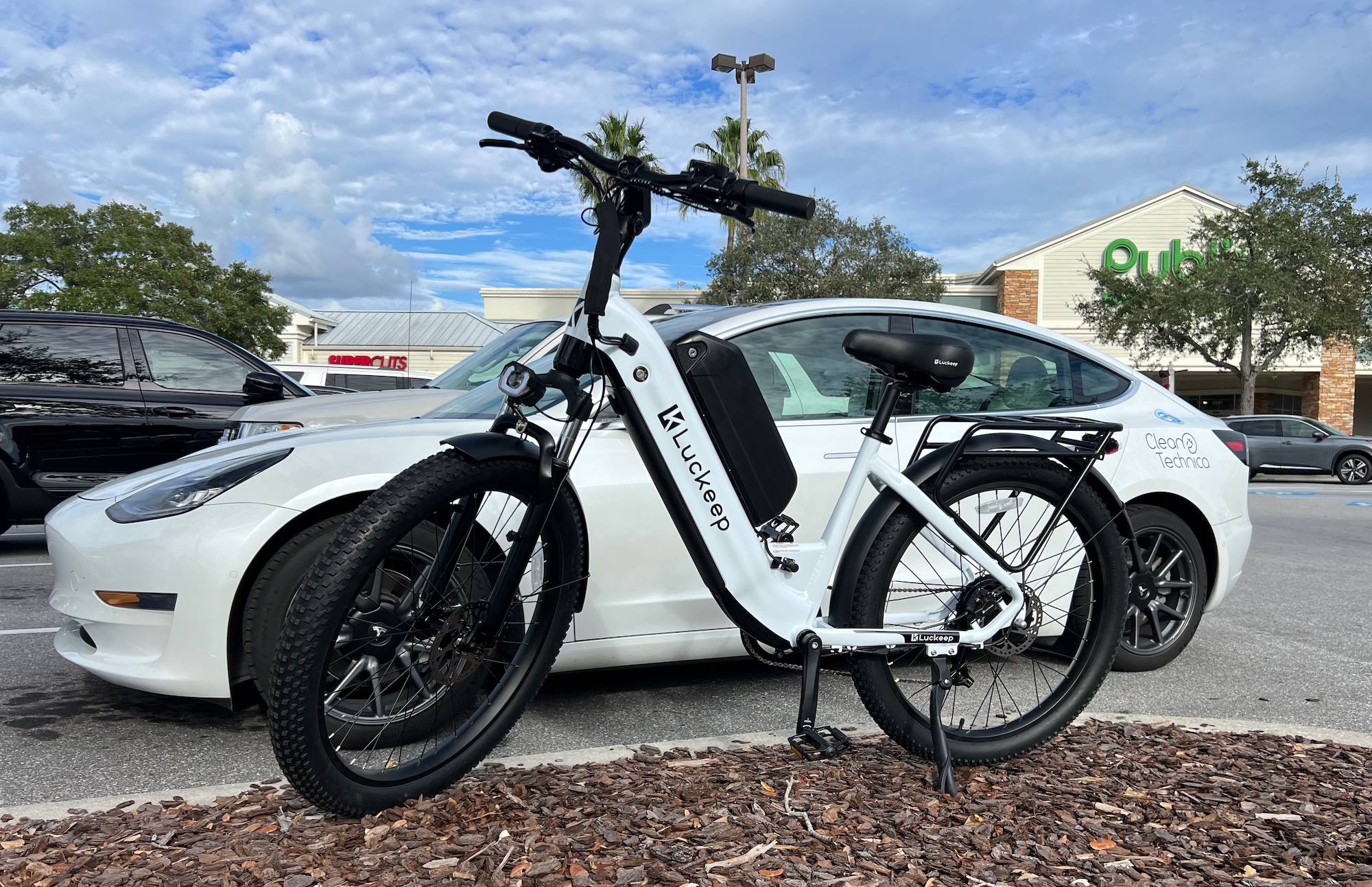Sign up for daily news updates from CleanTechnica on email. Or follow us on Google News!
Plastic recycling has been described as a massive, decades-long public relations stunt of epic proportions, but that doesn’t change anything. With the oceans of the world awash in plastic pollution, recycling can still do near-term duty as a stopgap measure until the Earth is rid of this scourge. Also, recycling can help avoid drilling for more oil and gas, assuming that new, high-performing technologies can scale up.
New Technology Makes A Difference
Before we get to those new technologies, let’s take a look at the “Win or Die” episode of the new National Geographic TV series Photographer, unspooling tonight on Disney+. “Win or Die” follows the seagoing environmental activists and photojournalists Cristina Mittermeier and Paul Nicklen as they race to expose an offshore oil drilling venture that puts ocean ecosystems at risk (check out their foundation SeaLegacy for more details about their work).
CleanTechnica had some questions about their episode, and Ms. Mittermeier kindly wrote out the answers exclusively for our readers. Following are her thoughts in full.
CleanTechnica: Can you provide an example of a new technology that was not available to nature photographers in the past, and how it enables you to tell new stories today?
Mittermeier: There have been so many advances in digital imaging technology in the past 10 years that have made the work that we do underwater, possible.
We work exclusively with Sony and they have been leaders in the development of imaging technology, from mirrorless cameras, to super sensitive sensors that can see in very low light conditions, to hyper smart focusing systems.
In terms of diving, there have also been tremendous advances in the safety and availability of rebreather technology. Bubbles tend to scare away animals, but companies like REVO have developed rebreathing apparatuses that allow divers to go unnoticed by wildlife.
Finally, being able to connect with the rest of the world via affordable and reliable satellite communications has only been possible in the past couple of years. It has been a game changer!
CleanTechnica: What kinds of emotional responses to your stories are most effective in motivating people to take action on behalf of animals and habitats?
Mittermeier: Dr. Martin Luther King has been a great inspiration in our storytelling. Audiences need to hear what the aspiration and the dream is.
We all would love to live in a planet where nature is healthy and abundant, and when we share images of the beauty and complexity of the natural world, people react with a lot of emotion to that possibility.
But just as Dr. King did in his famous speech, we also need to remind people that things are closer to being a nightmare than a dream and the emotional reaction to the demise and suffering of the natural world and the communities that most closely depend on nature, is also significant.
Ocean Plastic Pollution Is Everywhere
CleanTechnica: Did you encounter plastic pollution during the filming of Photographer? If you did, please provide an example.
Mittermeier: We always find pollution, not just during the filming of Photographer. That said, perhaps because of its proximity to the United States, the Bahamas is a place where we found many balloons floating in the ocean.
On a weekly basis we retrieved balloons from birthday parties, reveal ceremonies, and even wedding balloons. These were a constant reminder of the carelessness of people when it comes to the impact of our discarded objects in the ocean. Entanglement and consumption of balloons by animals like sea turtles is very often deadly.
CleanTechnica: Do you think the recent oil spill off the coast of Tobago will motivate officials in the Bahamas to close the book on oil drilling once and for all?
Mittermeier: One can only hope that one of these spills will be the wake up call. I don’t think that the threat of oil spills is sufficient for poor countries, like The Bahamas, to close the book on oil drilling. They need economic and energy alternatives and they are leaving heir options open.
I am still hopeful, however, that the discovery of the largest seagrass meadow in the world and the potential to generate income from carbon and biodiversity credits, might yet translate into great revenue, climate security and pride for the Bahamian people into the future.
It’s Not Just About The Ocean Plastic Pollution
We brought up the Trinidad and Tobago oil spill because it is the most recent demonstration of the destructive power of petroleum. If recycling can help break down the economic case for more drilling, that’s a good thing.
The discovery of the seagrass meadow notwithstanding, it appears that the Bahamas are still at risk. In the “Win or Die” episode of Photographer, Mittermeier Nicklen traveled to an offshore oil platform in the Bahamas, to raise the alarm about potential catastrophe. The developer, Bahamas Petroleum Company (renamed the Challenger Energy Group), had plugged an initial exploration well in 2021 after determining that it was unsuitable for commercial-level development. As of last July, though, the company was reportedly seeking to renew its exploration license.
As of this writing, ownership of the vessel behind the Trinidad and Tobago spill has yet to be determined, though earlier this month the investigative organization Bellingcat described a complex web of transactions that underscores the need for rigorous monitoring, transparency, and enforcement in the global shipping industry.
 Chip in a few dollars a month to help support independent cleantech coverage that helps to accelerate the cleantech revolution!
Chip in a few dollars a month to help support independent cleantech coverage that helps to accelerate the cleantech revolution!
Plastic Recycling Is A Fraud…
As for the plastic recycling publicity stunt, the organization Center for Climate Integrity has integrated past and present investigations into a report titled, “The Fraud of Plastic Recycling: How Big Oil and the plastics industry deceived the public for decades and caused the plastic waste crisis.”
National Public Radio was among those contributing to the report. “Former industry officials have said the goal was to avoid regulations and ensure that demand for plastics, which are made from fossil fuels, kept growing,” NPR reported on February 24.
…But Now We’re Stuck With It
The industry has pushed back, noting that part of the report draws from the state of plastic recycling in the 20th century, which was a pretty dismal affair. The technology has improved since then, but the core problem remains: Recycling still perpetuates the risk of plastic pollution.
Bans on plastic bags and other types of single-use plastic are beginning to address the risk at its root, along with the development of new bio-based materials. However, it will be a long, hard slog to squeeze the petrochemical industry down to a more sustainable level.
In the meantime, more efficient recycling methods and monetization models for waste prevention are emerging, with a focus on coastal and waterway communities that contribute to much of the ocean pollution problem.
CleanTechnica has take note of new recycling technologies here and there, including an effort by the US Department of Defense to extract resources from the waste generated at its forward operating bases.
One new item that crossed our radar is an electrolysis-based system under development at Colorado University – Boulder. The idea is to deploy an electrical current to spark a catalytic reaction that breaks plastic down into its formative molecules.
The electrolyzer approach would not have made much sense just a few years ago, when coal and natural gas dominated the US electricity grid. Nowadays, wind, solar, and other renewables have opened new opportunities for more sustainable electrolysis operations.
The expense of electrolysis systems presents another hurdle, but costs are rocketing downwards as the demand for green hydrogen has motivated the electrolyzer manufacturing industry to scale up, so stay tuned for more on that.
Follow me @tinamcasey on Bluesky, Threads, Post, or LinkedIn.
Image (screenshot): Environmental activists are using new photographic technologies and expert visual storytelling to motivate action on ocean pollution (courtesy of National Geographic via YouTube).
Have a tip for CleanTechnica? Want to advertise? Want to suggest a guest for our CleanTech Talk podcast? Contact us here.
Latest CleanTechnica TV Video
CleanTechnica uses affiliate links. See our policy here.





